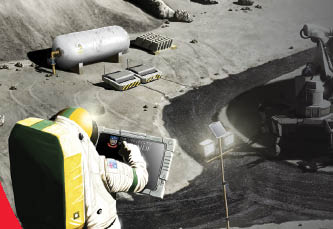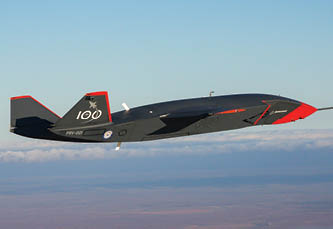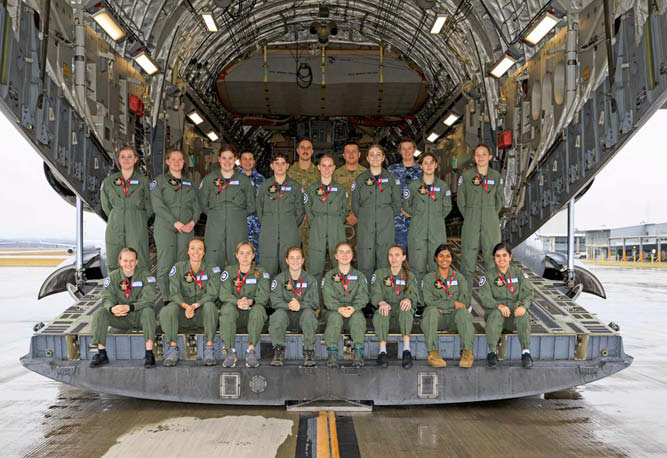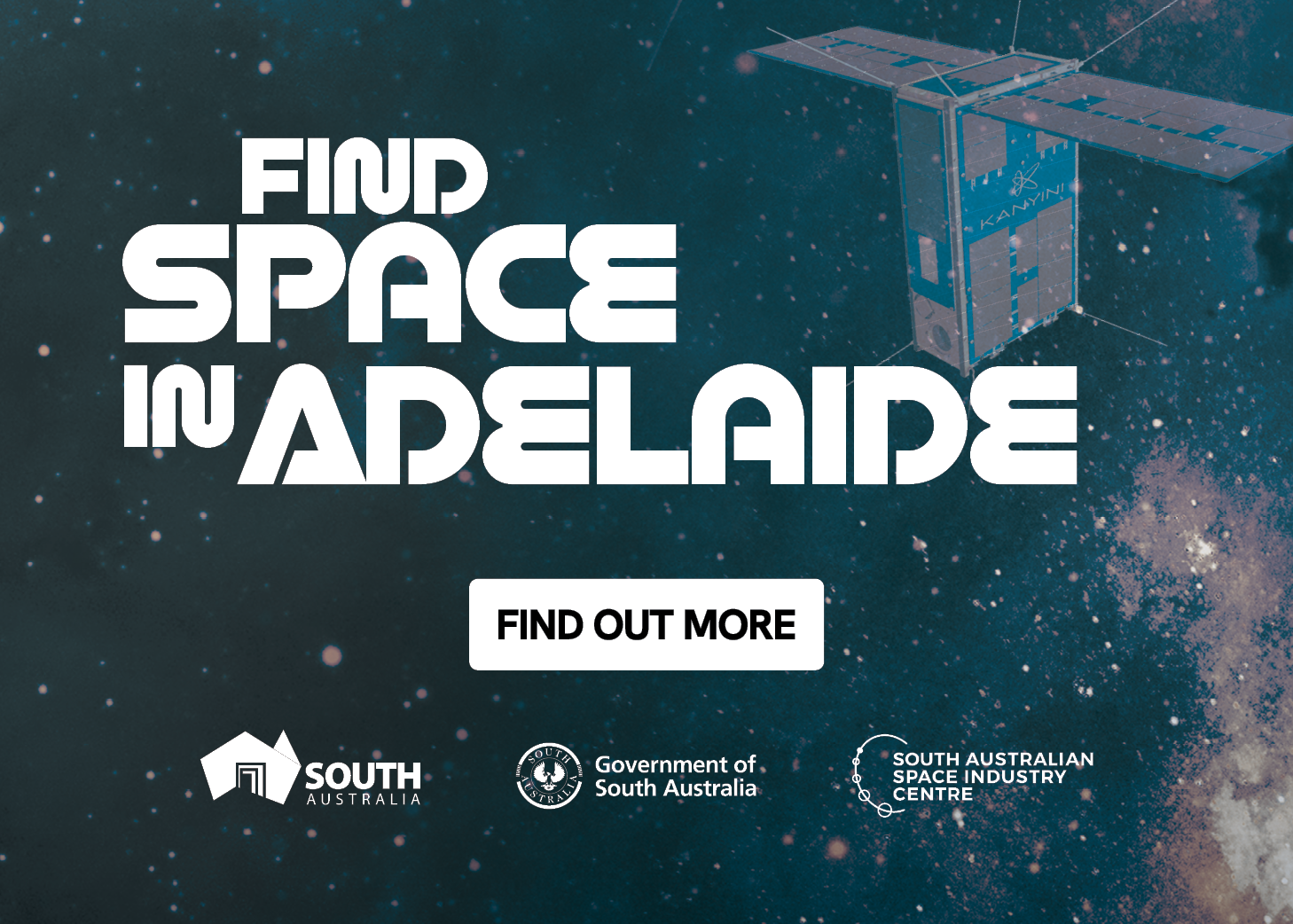The Andy Thomas Centre for Space Resources (ATCSR) is rapidly emerging as a key contributor to Australia’s space endeavours and a capable able partner in space research and education. The ATCSR is partnering with global space, technology and software leaders, research institutions and government organisations to create a vibrant and collaborative ecosystem focused on in-situ resource utilisation (ISRU) for off-world habitation and deep space exploration. Aligned with goals of NASA’s Artemis Program and the Australian Space Agency’s Moon to Mars Initiative, the ATCSR is investigating practical solutions to deliver the critical infrastructure required to achieve a sustainable, long term human presence in deep space. The Centre’s inclusion of law, psychology, architecture, agricultural and artistic expertise alongside civil and mechanical engineering, computer science and mechatronics creates a unique interdisciplinary environment for tackling the challenges and opportunities facing humans living far from Earth. With a growing suite of research programs in areas such as regolith engineering, robotics and automation, habitat architecture, space agriculture, and the legal and psychological aspects of off-world habitation, the ATCSR is continually growing its pool of talented researchers and students who are actively engaging with the space sector here in Australian and around the world.
New Laboratories Open for Business
March 2022 saw the official opening of the Extraterrestrial Environmental Simulation (Exterres) Laboratory, a multifunctional off-Earth surface testing environment for space technologies and off-world construction techniques. Space hardware can be tested in the laboratory’s Regolith Thermal Vacuum Chambers (rTVAC), 9m2 sealed lunar regolith simulant pit and 27 m2 configurable sand pit. The rTVACs represent a rare and in-demand piece of equipment, allowing industry and researchers to test new technologies in the combined atmospheric, thermal, and regolith environments found on the moon and Mars. In addition, the regolith and sand pits utilise a 3D motion capture system allowing detailed analysis of experimental rovers and the performance of their robotic payloads. Single or multiagent operations can be remotely controlled from within the lab, the ATCSR’s Exterres Mission Control, or run completely autonomously. The ATCSR is working with its partners to develop the capability and services offered by the EXTERRES Laboratory to ensure it meets the needs of industry, research and educational customers now and in the future.
Space Resource Fundamentals
The University of Adelaide is offering a new and unique opportunity to learn about space resources and the various destinations, specific resources, proposed methodologies and benefits of utilising resources found off-world. Delivered by a team of leading international experts, the course will provide an insight into off-world exploration destinations, space agency plans for a return to the Moon, the evolving space legal environment, the emerging field of deep space psychology, space agriculture, off-Earth civil engineering, robotics, and more. Attendees will gain a new understanding of the complex realities that shape this critical enabling capability upon which crewed deep space exploration is reliant and be able to knowledgably guide your company or organisation regarding potential areas of interest. Space Resource Fundamentals will run from 17 to 21 October 2022 and available online or in person at University of Adelaide.
ISOC 2022
The Australian Society for Off-Earth Construction (ASOC) will host the inaugural International Symposium on Off-Earth Construction (ISOC 2022) on 24 October 2022 in Adelaide, South Australia. The symposium will be a one-day event that brings together industry members, government representatives, researchers and other parties with an interest in off-world construction, innovations in construction practices and the development of the critical supporting technologies. The symposium will be a combination of keynote speakers, technical presentations and panel sessions designed to review current activities, stimulate discussion and build international connections for all attendees.
Australian Rover Challenge
The third Australian Rover Challenge (ARCh3) is fast approaching with university teams from around Australia working on their rovers in preparation for a new round of challenges. Australia’s best semi-autonomous rovers will return to the University of Adelaide in March 2023, ready to tackle a range of navigation, resource utilisation, and construction tasks as part of a simulated a lunar mission. With a goal to expand ARCh3, the University of Adelaide is examining ways to bring the ARCh3 to an international audience. This initiative will see an event with more competitors, larger rover fields and a greater number of events, all accessible to the public with an interest in space exploration.
More Information
If you are a space industry member, interested researcher or prospective student looking for a cutting-edge research and education partner, the team at the ATCSR are happy to hear from you. To find out more about the ATCSR and keep up to date with all the latest news, contact the centre at https://set.adelaide.edu.au/atcsr/contact-us













